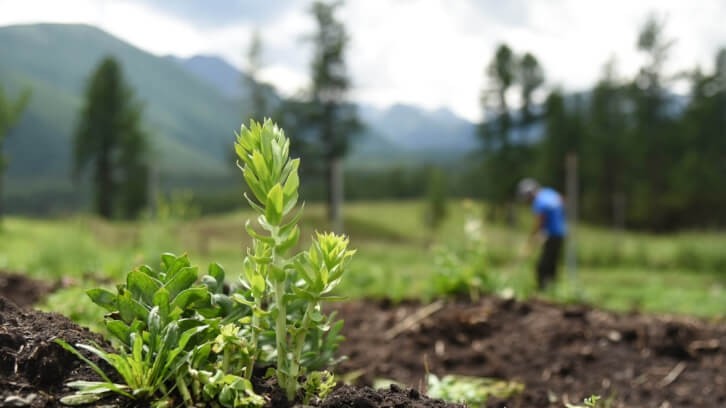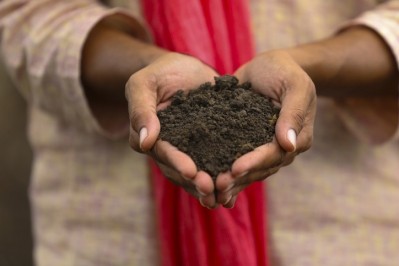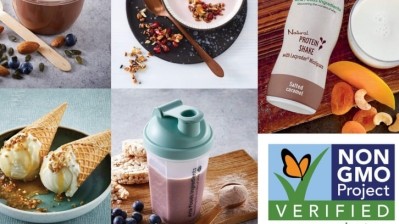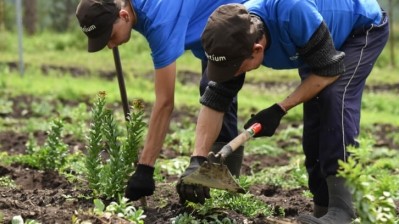Rhodiolife receives Non-GMO Project Verified seal

“Rhodiolife has been a leading, premium form of rhodiola for decades, with a reputation for sustainability and consistently high quality,” said Devin Stagg, chief operating officer for PLT Health Solutions. “Our non-GMO verification with the Non-GMO Project helps to underscore the clean label nature of this ingredient.”
Manufactured by Canary Islands-based nutraceutical company Nektium, Rhodiolife is distributed exclusively by PLT in the U.S. across active nutrition, cognitive and mood support, esports and immune health categories.
Upping the bar with the butterfly
Stagg explained that this new certification is part of a wider commitment to create value through clean label practices to ensure ingredient identity, traceability, transparency and consistency. It follows an April 2023 announcement that the Nektium supply had achieved compliance with the sustainability and supply chain requirements recently established for Rhodiola rosea by the Convention on International Trade in Endangered Species of Wild Fauna and Flora (CITES).
“Nektium has made moves in the last two years to up the bar on the value this ingredient offers product developers and consumers,” Stagg said. “We can point to significant sustainability achievements, regulatory compliance, traceability, enhanced delivery via water solubility and lab-verified quality as some of these efforts.”
Adding the Non-GMO Project seal – recognizable by its blue butterfly logo – indicates that products have met stringent third-party provisions for raw materials, manufacturing processes and logistics to ensure that they contain no or minimal (less than 0.9%) genetically modified organisms (GMOs).
Megan Westgate, executive director of the Non-GMO Project, recently told NutraIngredients-USA that “the demand for more and better choices is only growing”, with 752 Non-GMO Project Verified dietary supplement ingredients for B2B sales and over 4,000 verified vitamin and supplement products currently available for retail.
She cited SPINS retail data showing that non-GMO product sales have experienced a steady 4 to 5% increase in a global non-GMO food market that Fortune Business Insights projected would grow at a CAGR of 10.2% from $623.96 billion in 2021 to USD $1,231.13 billion in 2028.
Ensuring the fingerprint
The Rhodiola rosea (a hardy perennial also known as golden root) used in Rhodiolife is cultivated at high altitudes in the Altai Mountains of Siberia on large-scale plots located near the wild-grown supplies to replicate native climate and soil conditions.
Adriana Regidor, corporate strategy and sustainability director at Nektium, shared that there are many benefits to cultivation in addition to protecting wild-grown supplies.
“It gives us a more predictable and secure long-term raw material supply, which means improved price stability, superior safety and more effective quality control,” she told NutraIngredients-USA. “It also provides customers with reassurance over adulteration, which is a major issue among many Rhodiola rosea extracts.”
Recently, the American Botanical Council’s Botanical Adulterants Prevention Program suggested that high demand for Rhodiola rosea has led to it being mixed or interchanged with other rhodiola species.
Stagg highlighted the Nektium ID Assessment program, which consists of multiple identity tests on every batch of Rhodiolife, including macroscopic and sensorial analysis, development of chromatographic profiles and independent DNA barcode analysis to ensure authenticity of the raw material.
“The material is then standardized to provide precise levels of key bioactive compounds, rosavins and salidroside,” he said. “The resulting HPLC ‘fingerprint’ of the Rhodiolife extract is consistent from batch to batch and matches that of the native root.”















